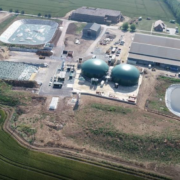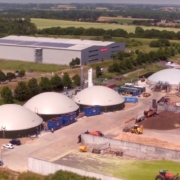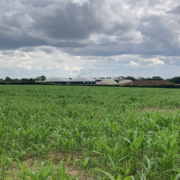Anaerobic Digestion (AD) could save over 200,000 tonnes of food waste from landfill
Leading green energy services provider, Eco Verde Energy (EVE), has announced it now has the capacity to divert 201,000 tonnes of unavoidable food waste from landfill into anaerobic digestion (AD), creating enough renewable heat and power to supply nearly 38,500 homes in the UK.
By processing this waste within four of the plants under the company’s management, EVE could save 108,000 tonnes of CO2 emissions every year, which is the equivalent of 250 million road miles[1].
Speaking about the milestone, Dean Bullen, Managing Director for EVE says: “We can all do more to reduce our impact on the environment.
“Whether that be through reducing the amount of food we actually waste or being more conscious about where our unavoidable food waste goes.”
According to WRAP, the UK creates 9.52 million tonnes of food waste per year. Despite measures to reduce this waste, there remains some types of food that cannot be eaten or used in any other way, often referred to as ‘unavoidable’ food waste.
This waste can serve a useful purpose at an AD plant, of which there are 740[2] in the UK.
“From 2026, all local authorities will need to introduce separate kerbside food waste collections, so having a sustainable means of processing this waste will become even more important,” says Mrs Marshgreen.
“We’re very proud to play our part in reducing the UK’s emissions and turning something that would otherwise rot away in landfill, into renewable gas that can be used to heat homes and power appliances.”
Click here to read more: https://ecoverde.energy/news/anaerobic-digestion-could-save-over-200000-tonnes-of-food-waste-from-landfill/








 ecoverde
ecoverde

